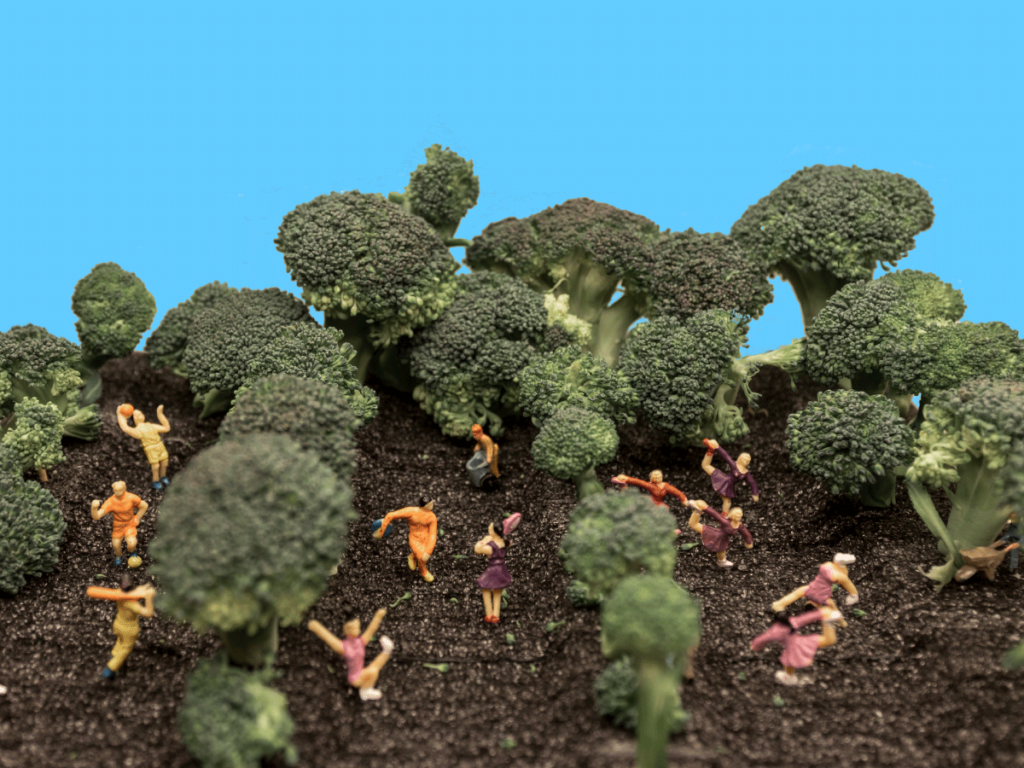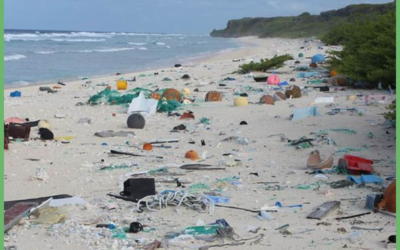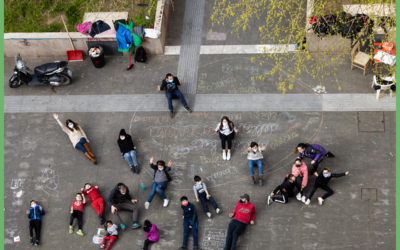
15 – 18 yo
Food. Everyone loves food. It is the nourishment of both our body and souls. However, did you know that more than one billion people go without food every day? This also accounts for people who are undernourished, meaning that they do not have access to safe, nutritious and sufficient food. Meanwhile, according to the Food and Agriculture Organization of the United Nations, one-third of food produced for human consumption is lost or wasted globally, which amounts to about 1.3 billion tonnes per year. To give you an idea of this volume: 1.3 billion tonnes equals the weight of more than 200,000 elephants. Food is lost or wasted throughout its production and sales chain from initial agricultural production all the way to our households. How many times have you found yourself or your family feeding the kitchen bin with food that was perfectly fine but just did not please you anymore? Or perhaps you have not been careful in your meal planning and you bought too much food that you cannot consume before its expiry (or “best before”) date. You would be amazed to know how many households still throw away food leftovers that are perfectly fine to eat.
Food systems are big clusters of connected areas, such agriculture, food technologies and innovations in production, the chemical and biological components of our food, human nutrition, ecological and environmental impact, (in)equality in people’s access to quality foods, and of course the production and sales chains that bring our food from farm to fork. Food and its production are deeply connected to our planet and our own wellbeing. As the world’s population rises, we need more agricultural land and water resources to provide food for 10 billion people by 2050. Currently, about 80% of the world’s arable land is used for livestock (animals that will become meat) or for pastures for livestock, meaning food that will feed these animals.
Food systems strongly affect not only our environment, but also the people involved in its production. Did you know that most of the world’s food is grown and produced by small farmers, the majority of them women? As the effects of climate change become more aggressive and pronounced, the burden of extreme weather events (droughts, hurricanes and storms to name a few) and the consequent loss of harvests and crops yields often falls heavily on women.
All these reasons are why food systems are a cornerstone of the United Nations Sustainable Development Goals. SDG 2 is dedicated to “No Hunger” while Target 12.3 calls for halving per capita global food waste at retail and consumer levels by 2030, as well as reducing food loss along the production chains. But food is also connected to SDG 3, Good health and wellbeing because “We are what we eat”.
With European Footprints, we will embark on a journey of discovery around food, touching upon several topics including:
- Food waste and how can you reduce it
- Food impact and our intensive farming practice on the planet
- The impact of our agricultural practices on water
- How to have a more mindful and environmental friendly diet
Without overwhelming you with information, what can you concretely do? Below are some ideas you can start from:
- Inform yourself on the impact of the food you are eating
- Say no to food waste
- Try out Veganuary or “No meat no dairy” November
- Buy local and in season produces
Comment below on what measures you are already taking or you would like to take!












0 commentaires